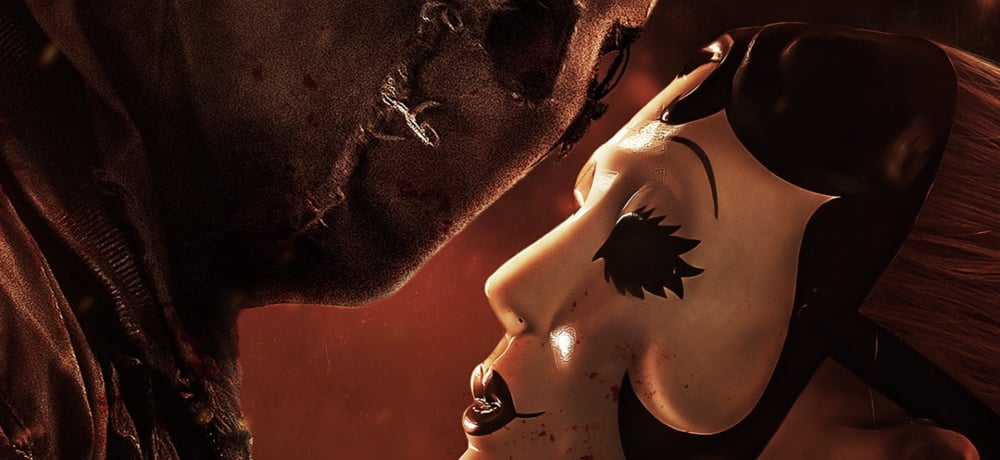





Based on the beloved 1985 science-fiction novel by Orson Scott Card, Ender’s Game creates a future were a panicked and all-controlling government begins training children to battle a bug-like alien force readying an invasion.
It has taken some time for this novel to find a film adaptation, but the market has been primed, with both the Harry Potter and Hunger Games franchises place children in peril and center salvation in the abilities of the youth. Director Gavin Hood wrote and directed this film, which struggles to execute some of the depth found in the literature, but succeeds in keeping the film streamlined with some entertaining paces.
Ender Wiggins (Asa Butterfield) is a quiet, calculating young man in a stringent military-like school. He is a prodigy of sorts, finding the admiration of Col. Graff (Harrison Ford) and the concern of psychologist Major Anderson (Viola Davis). Ender displays a rational and aggressive ideal of strategy, at one point beating a bully to the point of submission so that he’d never torment Ender again. This gives Ender admission into a space station battle school that molds him for command and possible final hope for salvation of mankind.
There are some thought-provoking narrative themes proposed in this film; ideas like the cost of freedom, loss of innocence, and the ambitions of leadership. However, these concepts are only touched upon in favor of sci-fi action that ushers a burgeoning and somewhat anti-climatic ending. Hood keeps the film moving entertainingly, giving the familiar military boot camp constructs an amusing perspective from the children participating in battle games, computer generated cognitive combat, and the usual struggle for control in the barracks. Ender is a quick-witted study, defying authority and ambitiously tackling adversity with ease. The character of Ender is fascinating, but Hood only slightly gets into the deeper emotions of his composition, instead a majority of the attention remains on highlighting the key points from the novel.
Asa Butterfield is a talented young actor. When the script ventures into the emotional aspects of Ender’s multifaceted structure Butterfield is convincing, but he isn’t given enough opportunity to build on those designs often enough to make Ender feel complete. Harrison Ford unfortunately doesn’t do much with Col. Graff. His unsympathetic temperament holds constant throughout the film regardless of the emotional tone of the scene.
Orson Scott Card resumes Ender’s journey in the continuing novels, which should only constitute a probable sequel for this film property. Though there are narrative elements proposed in the film that could have offered more interesting character developments or stimulating undertones, the end result was still entertaining to watch and only felt insubstantial after it was over. Ender’s Game may not be the film adaptation science fiction enthusiasts have been waiting for, but it’s better than most of the young adult targeted films.
Film Score: 3/5